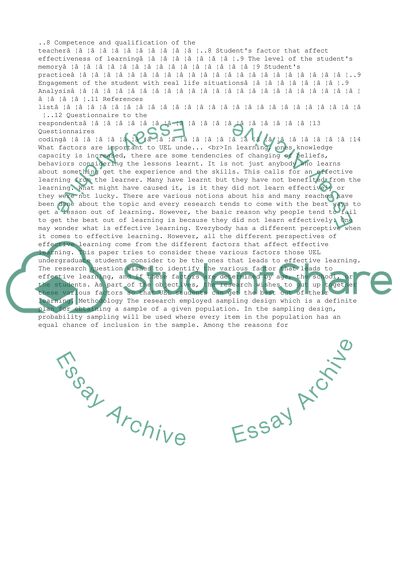Cite this document
(“Mini project Essay Example | Topics and Well Written Essays - 2500 words”, n.d.)
Mini project Essay Example | Topics and Well Written Essays - 2500 words. Retrieved from https://studentshare.org/management/1497880-mini-project
Mini project Essay Example | Topics and Well Written Essays - 2500 words. Retrieved from https://studentshare.org/management/1497880-mini-project
(Mini Project Essay Example | Topics and Well Written Essays - 2500 Words)
Mini Project Essay Example | Topics and Well Written Essays - 2500 Words. https://studentshare.org/management/1497880-mini-project.
Mini Project Essay Example | Topics and Well Written Essays - 2500 Words. https://studentshare.org/management/1497880-mini-project.
“Mini Project Essay Example | Topics and Well Written Essays - 2500 Words”, n.d. https://studentshare.org/management/1497880-mini-project.


